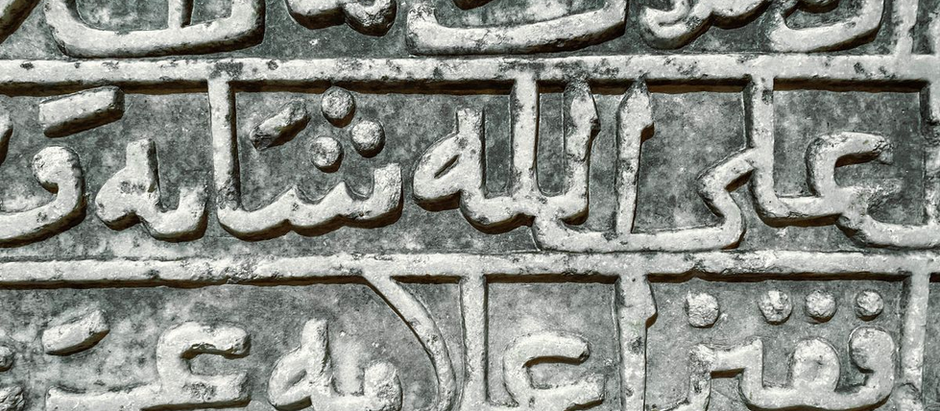top of page



Search


MIT’s Eco-Driving Breakthrough Reduces CO₂ Emissions By Up To 22 Percent In Cities
MIT researchers have harnessed deep reinforcement learning to craft eco-driving strategies that reduce intersection CO₂ emissions citywide by 11–22%—without slowing traffic or compromising safety. Their simulations across thousands of intersections reveal that just 10% adoption of eco-driving techniques yields 25–50% of the total impact, and 20% of intersections account for 70% of emission reductions.
Melissa Santañez
Aug 10, 20251 min read


⚛️ Harvard + MIT + QuEra Achieve Magic-State Distillation in Quantum Computing
The quantum revolution is no longer theoretical. This recent breakthrough by Harvard and MIT proves that large-scale, fault-tolerant quantum computing is within reach. Magic-state distillation is crucial to eliminating errors and making quantum systems practical. From drug discovery to solving global challenges, this is the kind of innovation that could change everything about how we compute.
Melissa Santañez
Jul 17, 20252 min read


AI Resurrects a 4,000‑Year‑Old Babylonian Hymn
AI helps decode a 4,000-year-old Babylonian hymn from ancient cuneiform tablets. Here's how this changes archaeology, language, and our cultural memory.
Melissa Santañez
Jul 12, 20255 min read


Meet Microsoft’s AI Science Agent: Discovering New Materials in Hours, Not Years
🧪⚙️ Microsoft just launched an AI agent that can discover new materials in under 24 hours! The future of scientific discovery is here—and it's automated.
Melissa Santañez
Jun 21, 20251 min read


MIT Powers the Future: 3D GaN Chips Redefine Innovation
Researchers at MIT have developed a scalable technique for bonding miniature GaN transistors—known for their high efficiency and speed—onto traditional silicon-based integrated circuits. This low-temperature copper-to-copper bonding process enables high-performance 3D chip stacking without damaging delicate components.
Melissa Santañez
Jun 19, 20251 min read


Quantum Leap in Drug Discovery
Quantum Computing Accelerates Drug Discovery: IonQ, NVIDIA & AstraZeneca Collaboration.
Melissa Santañez
Jun 10, 20251 min read


🚀 The Hidden Side of Quantum and the Ethics of AI
For over 60 years, physicists theorized about hidden quantum states trapped in vortices—tiny whirlpools inside superconducting materials. They were impossible to study until now.
Melissa Santañez
Jun 9, 20251 min read


🧠 AI Enhances Radiology: Key Developments
Artificial Intelligence (AI) is revolutionizing radiology, not by replacing radiologists, but by enhancing their capabilities, improving...
Melissa Santañez
Jun 6, 20252 min read


☄️ Asteroid 2025 KX8's Close Approach
Asteroid 2025 KX8, roughly the size of a small airplane, just made a safe but close flyby of Earth—zooming past at 1.24 million miles away on June 4.
Melissa Santañez
Jun 4, 20251 min read


🧬 2024 L’Oréal-UNESCO For Women in Science International Laureates
For Women in Science - Fondation L'Oréal | UNESCO Five exceptional researchers were awarded the 2025 L'Oréal–UNESCO For Women in Science...
Melissa Santañez
Jun 3, 20252 min read


Quantum Gravity Breakthrough: Scientists Measure the Weakest Gravitational Pull Ever Recorded
Physicists have achieved a groundbreaking measurement of gravity at the microscopic scale, marking a significant step toward unifying general relativity and quantum mechanics. In a recent experiment, researchers successfully detected the weakest gravitational pull ever recorded—on the order of attonewtons (10^-18 newtons)—acting on a tiny particle weighing just 0.43 milligrams.
Melissa Santañez
Jun 1, 20251 min read
bottom of page
